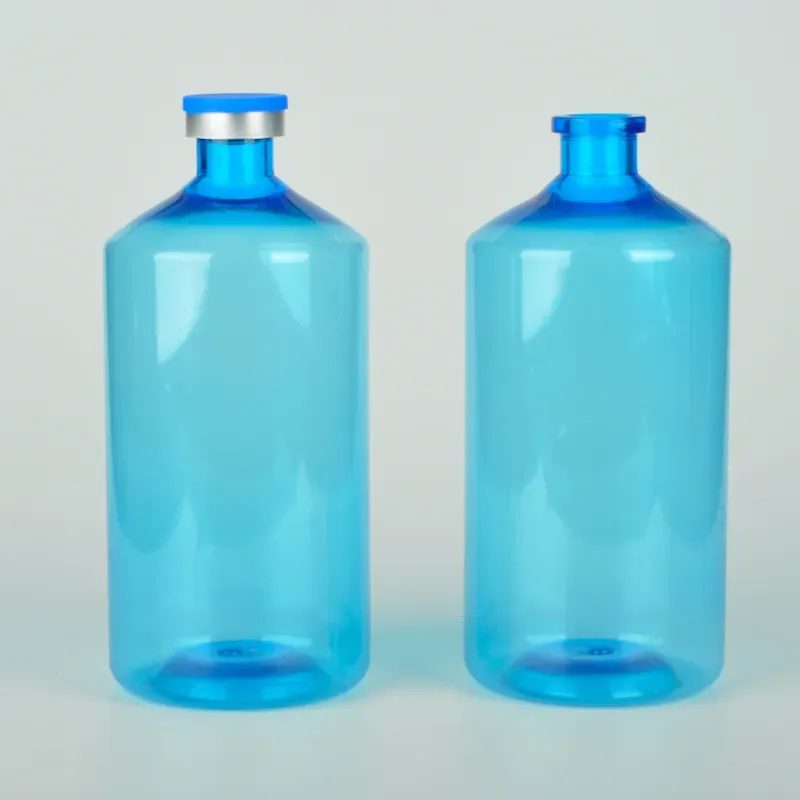https://www.wahmg.com/)">
plastic lab tubes
plastic lab tubes
The Versatility of Plastic Lab Tubes in Scientific Research
Plastic lab tubes have become indispensable tools in various scientific fields, ranging from biology to chemistry and beyond. Their versatility, durability, and affordability make them a preferred choice for researchers and laboratories. This article explores the different types of plastic lab tubes, their applications, advantages, and some considerations for their use.
Types of Plastic Lab Tubes
Plastic lab tubes are available in various shapes and sizes to meet different experimental needs. The most common types include centrifuge tubes, test tubes, Microcentrifuge tubes, and sample storage tubes.
1. Centrifuge Tubes These tubes are designed to withstand the high forces generated during centrifugation. Typically made from polypropylene, they can hold up to 50 mL of liquid and are often used for separating biological samples.
2. Test Tubes Standard test tubes are commonly made from glass but have plastic alternatives that provide similar functionality with the added benefit of being more durable. They are used for mixing, heating, and observing chemical reactions.
3. Microcentrifuge Tubes These small tubes can hold up to 2 mL of liquid and are essential for molecular biology applications. They are often used for techniques like PCR (Polymerase Chain Reaction) and DNA extraction due to their ability to withstand temperature fluctuations.
4. Sample Storage Tubes These tubes are designed for the long-term storage of biological samples. Often made from high-density polyethylene (HDPE), they provide excellent protection against chemical degradation.
Applications
The applications of plastic lab tubes are vast. In biological laboratories, they serve critical roles in sample collection, mixing reagents, and performing sensitive assays. In clinical settings, they are important for processing blood samples and storing tissue specimens. Moreover, in educational institutions, plastic lab tubes facilitate hands-on learning experiences in chemistry and biology labs.
In addition, researchers may utilize color-coded tubes to minimize cross-contamination and streamline workflow. For instance, using blue tubes for one type of sample and red for another helps in the quick identification of sample types, enhancing efficiency in laboratory processes.
plastic lab tubes

Advantages of Plastic Lab Tubes
1. Durability Unlike glass tubes, plastic lab tubes are less prone to breakage. This quality not only enhances safety in the laboratory environment but also reduces costs associated with replacing broken glassware.
2. Cost-Effectiveness Plastic lab tubes are typically less expensive than glass counterparts, making them an economical choice for laboratories with high-volume needs.
3. Lightweight Their lightweight nature allows for easier handling and transportation, especially in large quantities.
4. Chemical Resistance Many plastic tubes are designed to resist a wide range of chemicals, making them suitable for various experiments without the risk of degradation.
5. Versatile Temperature Range Depending on the material, some plastic lab tubes can withstand extreme temperatures, making them suitable for both freezing and heating applications.
Considerations for Use
While plastic lab tubes offer numerous advantages, researchers must also be mindful of their limitations. For instance, certain plastic materials may leach chemicals into samples, potentially affecting experimental results. Researchers should ensure the compatibility of the tubes with the substances they will contain. Additionally, correct disposal methods should be followed, as not all plastics are recyclable.
It is also essential to choose high-quality plastic tubes from reputable manufacturers to mitigate the risk of contamination or failure during critical experiments. Auditing supplies and conducting validations may be required to ensure tubes meet the necessary standards for specific applications.
Conclusion
In conclusion, plastic lab tubes are vital components in the toolkit of researchers and scientists across various fields. Their versatility, durability, and cost-effectiveness make them essential for a broad range of applications, from routine experiments to advanced scientific research. Understanding their types, uses, and considerations for proper handling is crucial for optimizing outcomes in laboratory settings. As science continues to advance, the innovation surrounding plastic lab tubes will likely evolve, enabling even more efficient and safe experimentation in the future.
-
Wholesale Plastic Juice Bottles with Caps 16 oz Options Available Bulk Packaging SolutionsNewsJun.10,2025
-
Laboratory Apparatus Reagent Bottle – Durable & Chemical Resistant Bottles for Safe StorageNewsJun.10,2025
-
Squeezable Dropper Bottles Durable, Leak-Proof & CustomizableNewsMay.30,2025
-
Affordable Plastic Petri Plates Sterile & Disposable Lab-GradeNewsMay.30,2025
-
Eye Dropper Caps Precision 24/410 & Plastic Bottle-Compatible TipsNewsMay.30,2025
-
Affordable Mini Spray Bottle Price & Wholesale Deals Shop NowNewsMay.29,2025





















